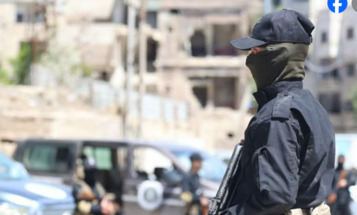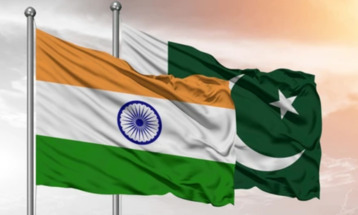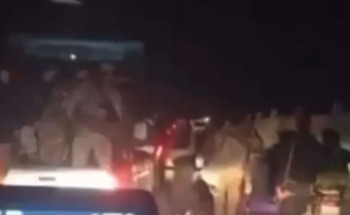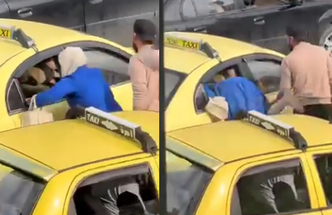-
751 unmarked graves found in Canada at the site of a former residential school
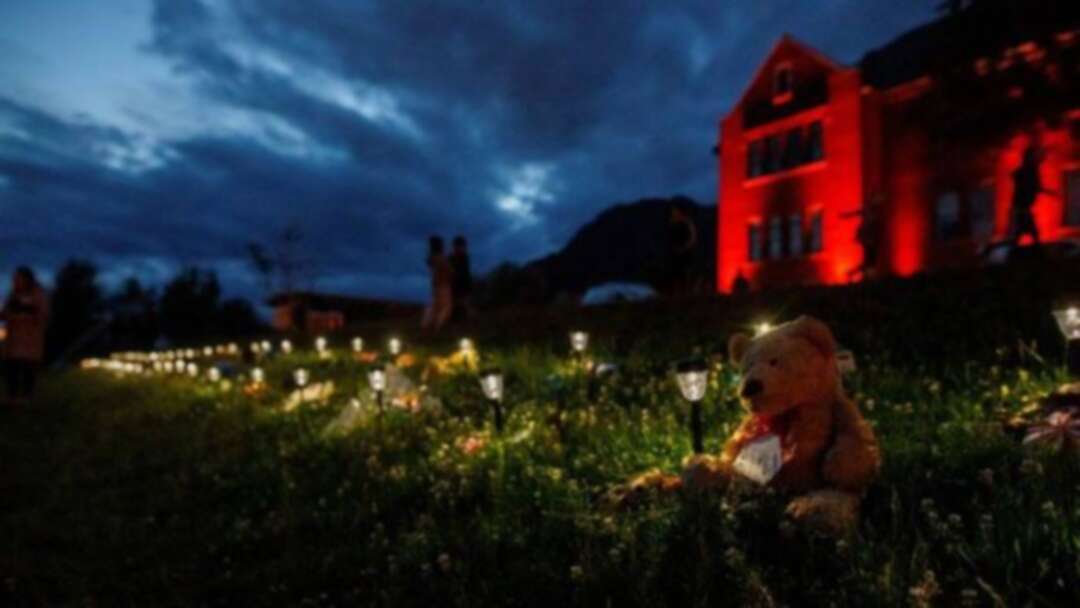
According to BBC, an indigenous nation in Canada says it has found 751 unmarked graves at the site of a former residential school in Saskatchewan.
It comes weeks after the remains of 215 children were found at a similar residential school in British Columbia.
BBC reported thatthe Cowessess First Nation said the discovery was "the most significantly substantial to date in Canada".
"We are not asking for pity, but we are asking for understanding," said Cowessess Chief Cadmus Delorme.
The Marieval Indian Residential School operated from 1899 to 1997 in the area where Cowessess is now located in southeastern Saskatchewan.
It was one of more than 130 compulsory boarding schools run by the Canadian government and religious authorities during the 19th and 20th Centuries with the aim of assimilating indigenous youth.
An estimated 6,000 children died while attending these schools, due in large part to the squalid health conditions inside. Students were often housed in poorly built, poorly heated, and unsanitary facilities.
Physical and sexual abuse at the hands of school authorities led others to run away.
According to former residential school student Florence Sparvier at a press conference on Thursday, "they made us believe we didn't have souls. They were putting us down as people, so we learned to not like who we were."
Last month, the Cowessess began to use ground-penetrating radar to locate unmarked graves at the cemetery of the Marieval Indian Residential School in Saskatchewan.
The discovery has been described as "horrific and shocking".
Perry Bellegarde, national chief of the Assembly of First Nations described the finding of the graves as "tragic but not surprising". "I urge all Canadians to stand with First Nations in this extremely difficult and emotional time," he wrote on Twitter.
Between 1863 and 1998, more than 150,000 indigenous children were taken from their families and placed in these schools.
The children were often not allowed to speak their language or to practice their culture, and many were mistreated and abused.
A commission launched in 2008 to document the impacts of this system found that large numbers of indigenous children never returned to their home communities
In 2008, the Canadian government formally apologised for the system.
Source: BBC
Image source: Getty Images-BBC
You May Also Like
Popular Posts
Caricature
BENEFIT Sponsors BuildHer...
- April 23, 2025
BENEFIT, the Kingdom’s innovator and leading company in Fintech and electronic financial transactions service, has sponsored the BuildHer CityHack 2025 Hackathon, a two-day event spearheaded by the College of Engineering and Technology at the Royal University for Women (RUW).
Aimed at secondary school students, the event brought together a distinguished group of academic professionals and technology experts to mentor and inspire young participants.
More than 100 high school students from across the Kingdom of Bahrain took part in the hackathon, which featured an intensive programme of training workshops and hands-on sessions. These activities were tailored to enhance participants’ critical thinking, collaborative problem-solving, and team-building capabilities, while also encouraging the development of practical and sustainable solutions to contemporary challenges using modern technological tools.
BENEFIT’s Chief Executive Mr. Abdulwahed AlJanahi, commented: “Our support for this educational hackathon reflects our long-term strategic vision to nurture the talents of emerging national youth and empower the next generation of accomplished female leaders in technology. By fostering creativity and innovation, we aim to contribute meaningfully to Bahrain’s comprehensive development goals and align with the aspirations outlined in the Kingdom’s Vision 2030—an ambition in which BENEFIT plays a central role.”
Professor Riyadh Yousif Hamzah, President of the Royal University for Women, commented: “This initiative reflects our commitment to advancing women in STEM fields. We're cultivating a generation of creative, solution-driven female leaders who will drive national development. Our partnership with BENEFIT exemplifies the powerful synergy between academia and private sector in supporting educational innovation.”
Hanan Abdulla Hasan, Senior Manager, PR & Communication at BENEFIT, said: “We are honoured to collaborate with RUW in supporting this remarkable technology-focused event. It highlights our commitment to social responsibility, and our ongoing efforts to enhance the digital and innovation capabilities of young Bahraini women and foster their ability to harness technological tools in the service of a smarter, more sustainable future.”
For his part, Dr. Humam ElAgha, Acting Dean of the College of Engineering and Technology at the University, said: “BuildHer CityHack 2025 embodies our hands-on approach to education. By tackling real-world problems through creative thinking and sustainable solutions, we're preparing women to thrive in the knowledge economy – a cornerstone of the University's vision.”
opinion
Report
ads
Newsletter
Subscribe to our mailing list to get the new updates!


